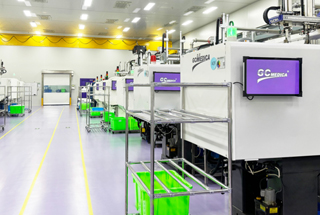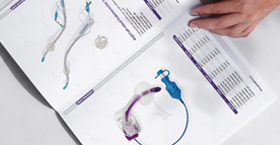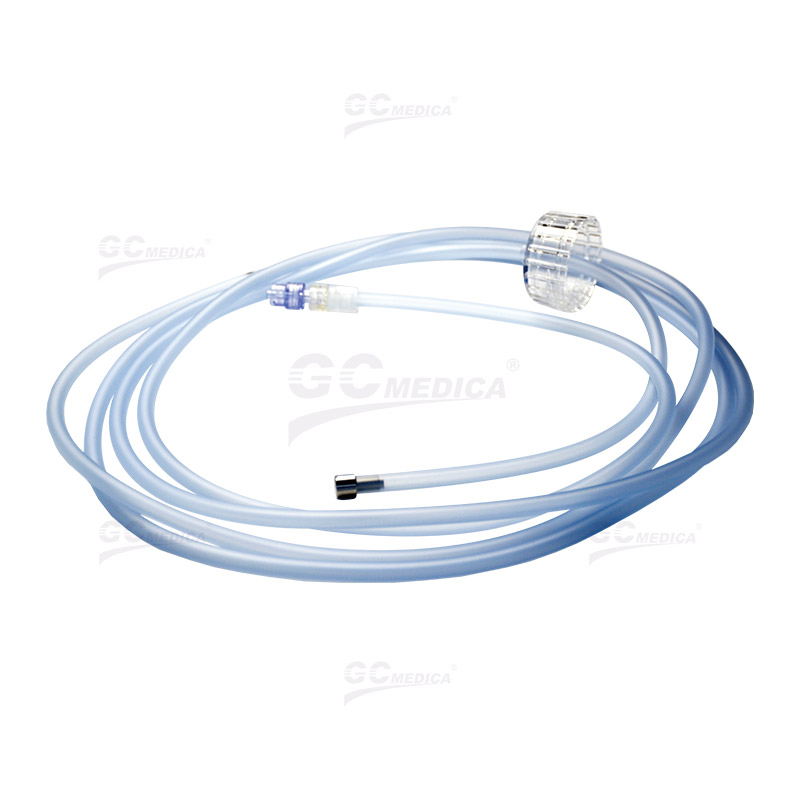Endoscopy irrigation tubing is a vital component in modern endoscopic procedures, ensuring clear visualization and efficient fluid management during diagnostic and therapeutic interventions. By delivering and removing irrigation fluids seamlessly, this tubing plays a critical role in maintaining a clean operative field and enhancing procedural outcomes.
 GCMEDICA Endoscopy Irrigation Tubing Online Promotion
GCMEDICA Endoscopy Irrigation Tubing Online Promotion
Importance in Endoscopy
During endoscopic procedures, visibility is crucial. Blood, mucus, and other debris can obscure the view, potentially complicating the procedure. Endoscopy irrigation tubing allows healthcare professionals to continuously flush the endoscope's field of view, improving clarity and enabling precise diagnosis and treatment. This tubing ensures that any contaminants are effectively removed, thereby reducing the risk of complications and enhancing patient safety.
Key Features and Benefits
Optimal Fluid Control: The design of endoscopy irrigation tubing enables controlled delivery and suction of fluids. This ensures that the procedure remains smooth and the operative field is consistently clear.
Enhanced Safety: By minimizing the risk of blockages and contamination, the tubing contributes to a safer environment for both patients and medical staff.
Durability and Flexibility: Constructed from high-quality, medical-grade materials, the tubing is designed to withstand repeated use and rigorous sterilization processes. Its flexibility allows it to navigate complex endoscopic pathways without kinking.
Ease of Use: The user-friendly design simplifies setup and integration into existing endoscopic systems. Healthcare professionals can quickly connect the tubing, ensuring that time is spent on patient care rather than equipment management.
Cost-Effective: Investing in reliable endoscopy irrigation tubing can reduce the need for frequent replacements and lower the overall cost of endoscopic procedures.
Applications in Clinical Settings
Endoscopy irrigation tubing is used across various clinical environments, including hospitals, outpatient clinics, and specialized endoscopy centers. It is essential in procedures such as gastrointestinal endoscopies, bronchoscopies, and urological endoscopies, where maintaining a clear view is fundamental to both diagnosis and treatment. By ensuring that fluids are efficiently managed, the tubing supports a wide range of minimally invasive procedures, ultimately contributing to improved patient outcomes.
Considerations for Selecting Endoscopy Irrigation Tubing
When choosing endoscopy irrigation tubing, it is important to consider factors such as compatibility with existing endoscopic equipment, ease of assembly, durability under repeated sterilization, and overall performance. Healthcare facilities should also evaluate the tubing’s flexibility and strength to ensure that it meets the demands of various procedural applications.
Conclusion
Endoscopy irrigation tubing is a cornerstone of effective endoscopic procedures, providing essential fluid management and enhancing the clarity of the operative field. Its robust design, combined with ease of use and cost-effectiveness, makes it an indispensable tool in modern medical settings. By selecting high-quality tubing, healthcare professionals can ensure that their endoscopic procedures are conducted safely, efficiently, and with optimal visualization.
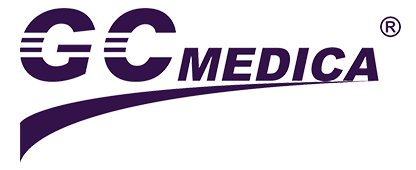

 Français
Français Español
Español Products
Products
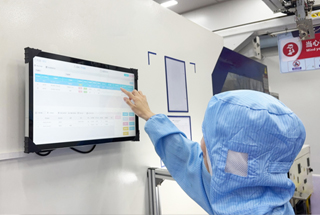
 About Us
About Us




